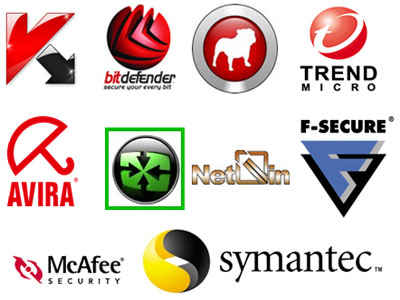Identity theft, debit, and credit card fraud have been growing steadily since online transactions have hit the mainstream. In 2009, a staggering 11.1 million adults in the U.S. have become a victim of this alarming trend. Some have been unlucky enough to be cleaned out of their life savings. Even if the average incident is not as dramatic, experts estimate industry-wide losses close to $48 billion. The trend shows no signs of slowing down as the numbers keep growing each year.
In a study made by Unisys, credit card fraud is a primary source of fear for most Americans. In fact, people are more concerned of it than terrorism, disease, and their personal safety. This finding says a lot about the prevalence of the problem. Especially when people are more afraid of being scammed than being hurt or getting sick.
Our increasing dependence on computers and the Internet for both work and play poses a real threat. Criminals are getting more creative in squeezing data out of unexpected places. As more people get comfortable with handing over sensitive financial and personal information, the problem can only get bigger.
One way of protecting yourself is by downloading and installing free antivirus and anti-spyware. These software are designed to stop malicious programs from gaining access to your machine and obtaining sensitive data.
In a bid to stay one step ahead of the scammers, there are precautions that you can make. Practical things that must become second-nature. Such as:
Always update all your software. Any antivirus is only as good as the last update. The same thing goes for anti-spyware. Most have features that let these updates run automatically in the background. New viruses get coded everyday and it pays to be on top of things.
Popular is a good thing. When looking for free software, start with the most popular ones first. Free business models need to make money – through advertising or other means. There is no going around this fact as software developers are not charities. The ones that are popular means they are turning up a profit. Profits that allows them to pay the bills so that they can continue updating and improving their product.
Layered protection. Thieves are opportunists. Make it hard enough for them and they will move on to easier targets. As there are many competent free protection software out there, all that’s required from you is a little time. Combine antivirus, firewall, and anti-spyware for maximum protection.
Powerful software need not be bloated. Look for ones that are light on processor, memory, and other system resources. Antivirus and anti-spyware need to run in the background whenever your computer is on. If they bog your computer down, you will be tempted to turn them off.
Invest in a metal wastebasket. Make a habit of burning any scrap of paper that may contain personal information. You can protect yourself online by being wise is the real world. There are people who will dive into dumpsters to get personal information. Shredding can’t protect you from someone with determination and a lot of time. You can never be too careful.
The trouble with protecting yourself online is that it’s a game of catch up. The latest security features get hacked almost as soon as they are introduced. But if you eliminate the risky behaviors that scammers love, you at least lower the chances of you becoming their victim. And at least this will make you sleep better at night.
This is guest post by Katheryne from Creditdonkey.com. You can follow him on Twitter.
